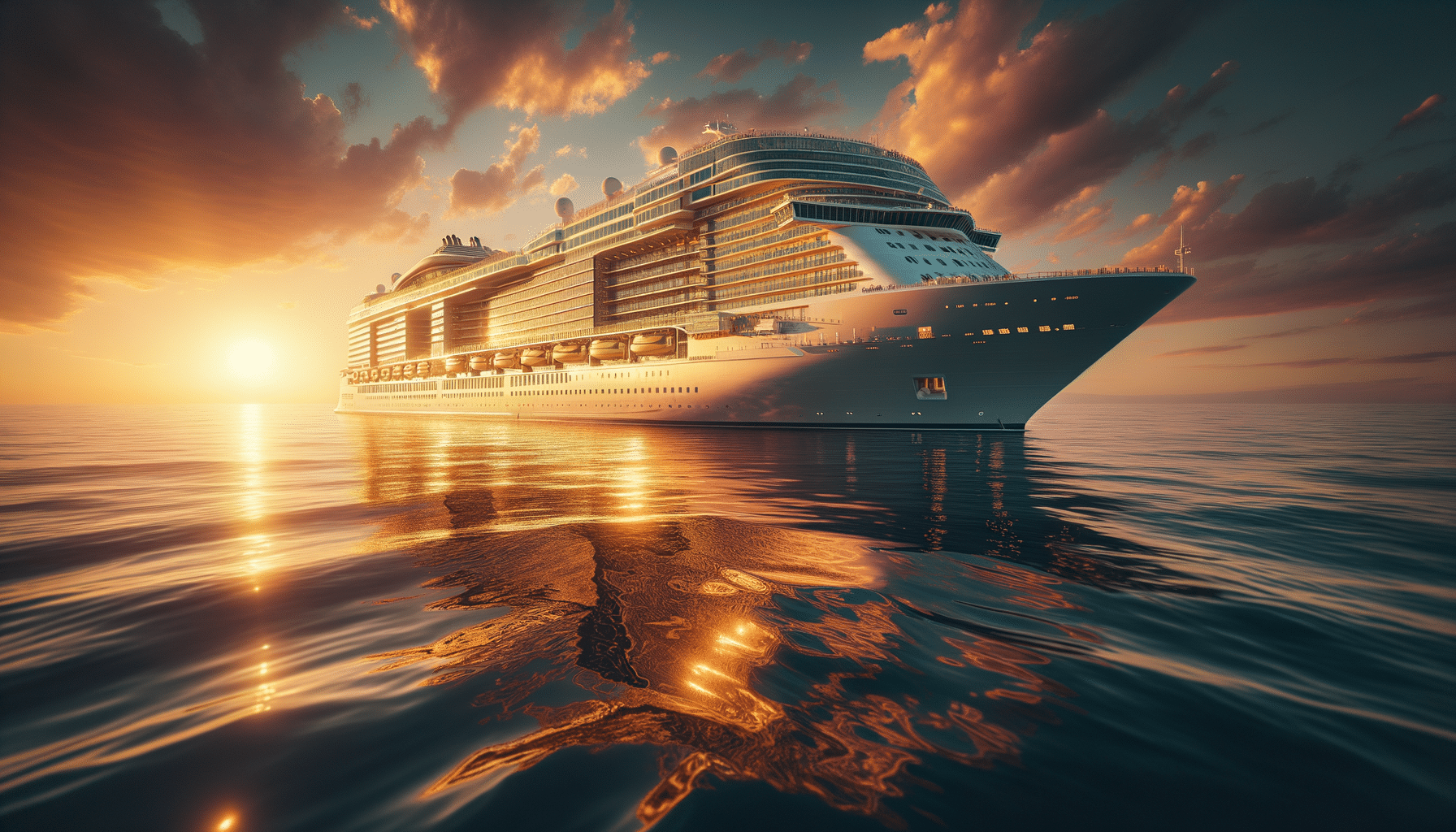
3-Day Cruises for Individuals with Disabilities
Introduction to 3-Day Cruises for Individuals with Disabilities
Traveling can be a transformative experience, offering new perspectives and a break from daily routines. For individuals with disabilities, the opportunity to travel should be just as accessible and enjoyable. This is where 3-day cruises come into play, providing a unique and accommodating travel option. These cruises are designed to cater to various needs, ensuring that everyone can enjoy the luxury and adventure of a sea voyage.
Cruises offer a blend of relaxation, entertainment, and exploration, all in one package. For individuals with disabilities, the convenience of having everything onboard makes it an attractive choice. From dining to entertainment, and excursions to accommodations, cruises have evolved to provide facilities that cater to diverse needs. The inclusive nature of these cruises ensures that guests can enjoy their journey without the added stress of accessibility issues.
In this article, we will explore the various aspects of 3-day cruises tailored for individuals with disabilities. We will discuss the distinct features of these cruises, the benefits they offer, and how they ensure a comfortable and memorable experience for all passengers.
Accessibility Features on Board
Cruise lines have made significant strides in ensuring that their ships are equipped with the necessary facilities to accommodate individuals with disabilities. These features are not only innovative but also essential in providing a seamless travel experience. Accessibility on board includes a variety of modifications and services that cater to different needs.
One of the key features is the availability of accessible cabins. These rooms are designed with wider doorways, roll-in showers, grab bars, and lowered sinks to ensure ease of use for passengers with mobility challenges. Additionally, public areas such as restaurants, theaters, and pools are equipped with ramps and lifts, ensuring that all guests can access every part of the ship.
Furthermore, many cruise lines offer services such as sign language interpreters, Braille signage, and audio aids for guests with hearing or visual impairments. The staff is often trained to assist passengers with specific needs, providing an inclusive environment where everyone can enjoy their time on board. Such comprehensive accessibility features make cruises an appealing option for travelers with disabilities.
Entertainment and Activities
Entertainment is a significant part of the cruise experience, and it is essential that it caters to all passengers, including those with disabilities. Cruise lines offer a range of activities that are both inclusive and engaging, ensuring that everyone can participate and enjoy.
From live shows and music performances to themed parties and movie nights, there is something for everyone on board. Many cruises have adapted their entertainment offerings to be accessible, such as providing captioning for shows or offering sensory-friendly performances. This ensures that passengers with hearing or sensory processing challenges can fully enjoy the entertainment provided.
In addition to onboard activities, cruises also offer shore excursions that are accessible to individuals with disabilities. These excursions are carefully selected and designed to accommodate various needs, ensuring that all guests can explore and experience the destinations visited. Whether it’s a city tour with accessible transportation or a beach day with wheelchair-friendly paths, these excursions add to the overall experience of the cruise.
Culinary Delights and Dining Options
An integral part of any cruise is the dining experience, and for individuals with disabilities, accessibility should extend to culinary options as well. Cruise lines have embraced this by offering dining venues that cater to different dietary needs and preferences, ensuring that everyone can enjoy the diverse culinary delights available on board.
Many ships have accessible dining rooms with tables and seating arrangements designed to accommodate wheelchairs. The staff is trained to assist guests with mobility challenges, ensuring a comfortable dining experience. For those with dietary restrictions, most cruise lines offer menus that cater to various needs, including vegetarian, gluten-free, and low-sodium options.
Furthermore, the flexibility of dining times and venues allows guests to enjoy meals at their convenience, making it easier for those with specific schedules or needs to dine comfortably. The combination of accessibility and culinary diversity ensures that all passengers can savor the gourmet experiences offered on a cruise.
Planning and Booking a Cruise
Planning and booking a cruise as an individual with disabilities requires careful consideration to ensure that all needs are met for a smooth and enjoyable journey. It’s important to work with cruise lines that have a proven track record of accommodating passengers with disabilities.
When booking, it’s advisable to communicate specific needs to the cruise line or travel agent. This includes requesting accessible cabins, special services, or any equipment that might be needed during the trip. Many cruise lines offer dedicated accessibility teams that can assist with planning and ensuring that all arrangements are in place before departure.
Additionally, researching the ship’s layout and the accessibility features available can provide peace of mind. Reading reviews and seeking recommendations from others who have traveled on similar cruises can also be beneficial. With the right planning and preparation, individuals with disabilities can look forward to a hassle-free and memorable cruise experience.


